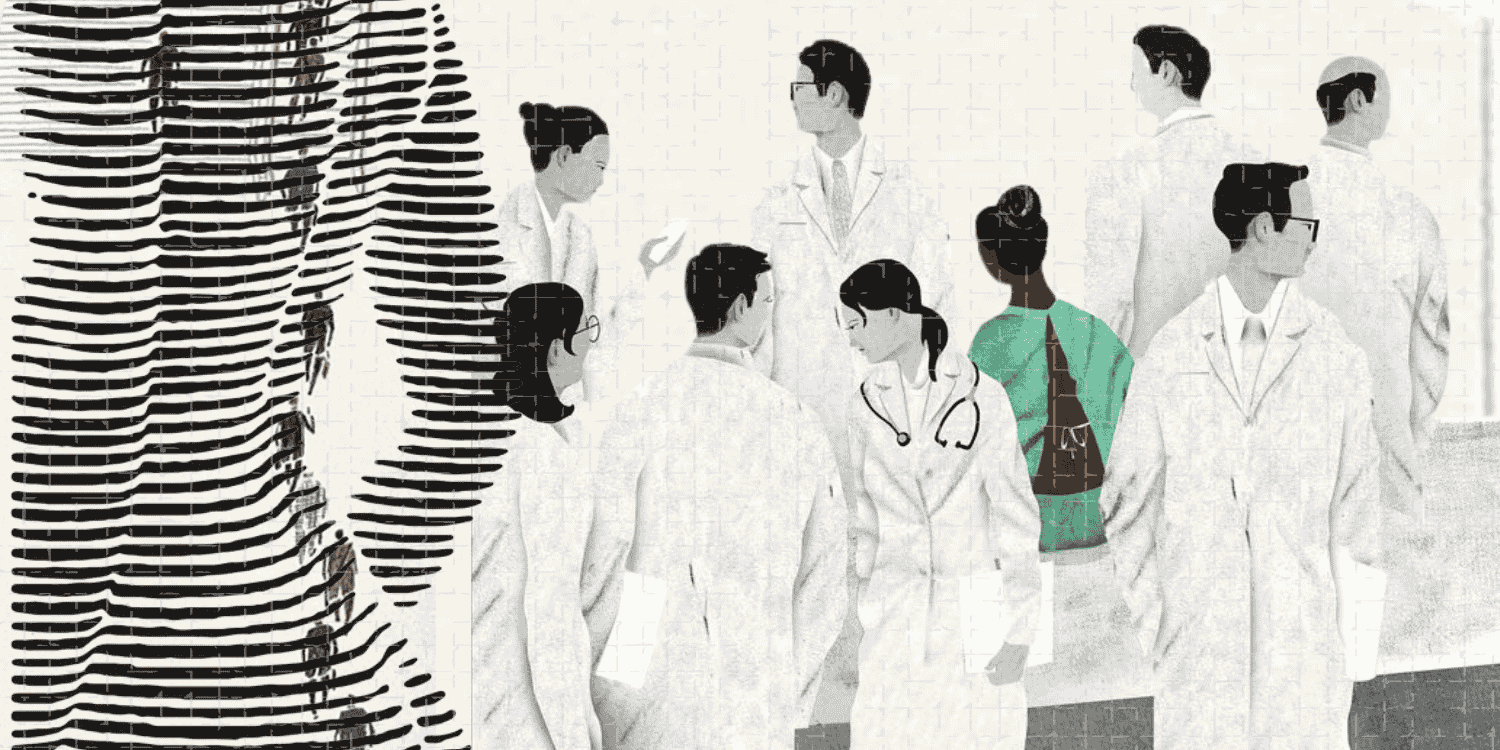ABSTRACT
In October 2020, India and South Africa submitted a proposal to the TRIPS Council at the WTO to waive the Trade Related Aspects of Intellectual Property Rights [TRIPS] Agreement for the prevention, containment, and treatment of COVID-19. This set of intellectual property laws, established by the WTO, have historically limited developing countries from accessing crucial medicines and medical equipment in. This trend has only worsened during the pandemic, creating profound inequity in the global vaccine distribution. This discussion paper critically analyses some popular arguments made in opposition to the waiver. Ultimately, the research affirms that easy access to effective vaccination is in the best interest of all nations, therefore the TRIPS waiver should be considered the first step towards a safer and healthier world.
THE TRIPS AGREEMENT: AN OVERVIEW
The World Trade Organization [WTO] assumes a unique position in the global economy as one of the only multilateral regulators of international trade. By joining the WTO, member countries agree to adhere to specific agreements. One such agreement is the Trade Related Aspects of Intellectual Property Rights Agreement. TRIPS agreement establishes a minimum standard for intellectual property rights that WTO members formalise through national legislation (WTO n.d. a.). For example, the agreement states certain basic provisions and rights for patent holders that all member countries must include in their domestic legislation.
Intellectual Property Rights [IPR] in themselves include copyrights, patents, trade secrets, trademarks, and geographical indications, which are time-limited legal rights granted to investors and creators. Products are generally covered by a series of rights. For example, pharmaceutical medicines such as Remdesivir and Tocilizumab are protected by trade secrets, patents, and copyrights. Patents are the most commonly used form of protection for pharmaceutical innovation and grant market exclusivity to inventors. Grants thereby grant patent owners the right to prevent other players from making, using, or selling patented inventions (World Intellectual Property Organization 2004).
These IPR standards are applicable to medicines and vaccines as well, thereby necessitating an urgent re-evaluation of TRIPS’ provisions in current times. These provisions enable patents that last a minimum of 20 years, patents for both products and processes, and protection of pharmaceutical test data against unfair commercial use. Member countries are allowed to introduce more provisions than those set by the agreement as long as they are not contradictory (WTO n.d a).
While the TRIPS agreement arguably succeeded at homogenising IPR laws across the world, it failed to account for the needs and material conditions of member countries. In 1997, South Africa was battling one of its worst HIV/AIDS crises. The government passed the ‘South African Medicines and Related Substances Control Act Amendments’, intended to make AIDS medication more affordable. However, international pharmaceutical companies interpreted this to be a direct threat to their medication patents. The companies then filed a lawsuit against the South African government (Halbert 2002). This sparked a debate on the moral aspects of IPR legislations.





